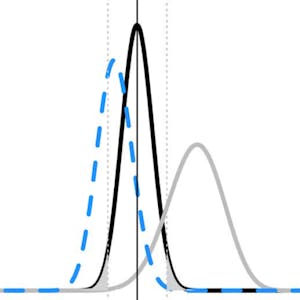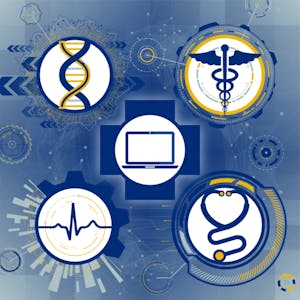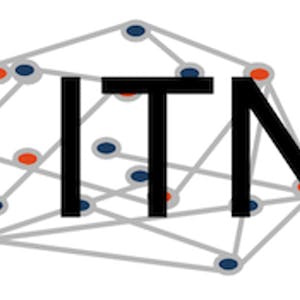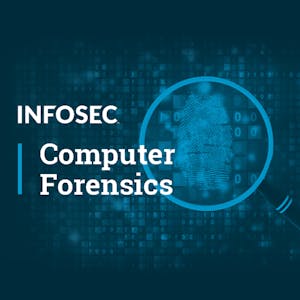Data Visualization with Tableau
About this Specialization
In 2020 the world will generate 50 times the amount of data as in 2011. And 75 times the number of information sources (IDC, 2011). Being able to use this data provides huge opportunities and to turn these opportunities into reality, people need to use data to solve problems.\\n\\nThis Specialization, in collaboration with Tableau, is intended for newcomers to data visualization with no prior experience using Tableau. We leverage Tableau\'s library of resources to demonstrate best practices for data visualization and data storytelling. You will view examples from real world business cases and journalistic examples from leading media companies.\\n\\nBy the end of this specialization, you will be able to generate powerful reports and dashboards that will help people make decisions and take action based on their business data. You will use Tableau to create high-impact visualizations of common data analyses to help you see and understand your data. You will apply predicative analytics to improve business decision making. The Specialization culminates in a Capstone Project in which you will use sample data to create visualizations, dashboards, and data models to prepare a presentation to the executive leadership of a fictional company.Created by: University of California, Davis

Related Online Courses
This course aims to help you to draw better statistical inferences from empirical research. First, we will discuss how to correctly interpret p-values, effect sizes, confidence intervals, Bayes... more
This Specialization is intended for health professionals, administrators, health IT staff, vendors, startups, and patients who need or want to participate in the health IT/informatics process.... more
This series of courses introduces data in the cloud and Looker to someone who would like to become a Looker Developer. It includes the background on how data is managed in the cloud and how it can... more
This course introduces tools that help enhance reproducibility and replicability in the context of cancer informatics. It uses hands-on exercises to demonstrate in practical terms how to get... more
The Windows OS Forensics course covers windows file systems, Fat32, ExFat, and NTFS. You will learn how these systems store data, what happens when a file gets written to disc, what happens when a... more








